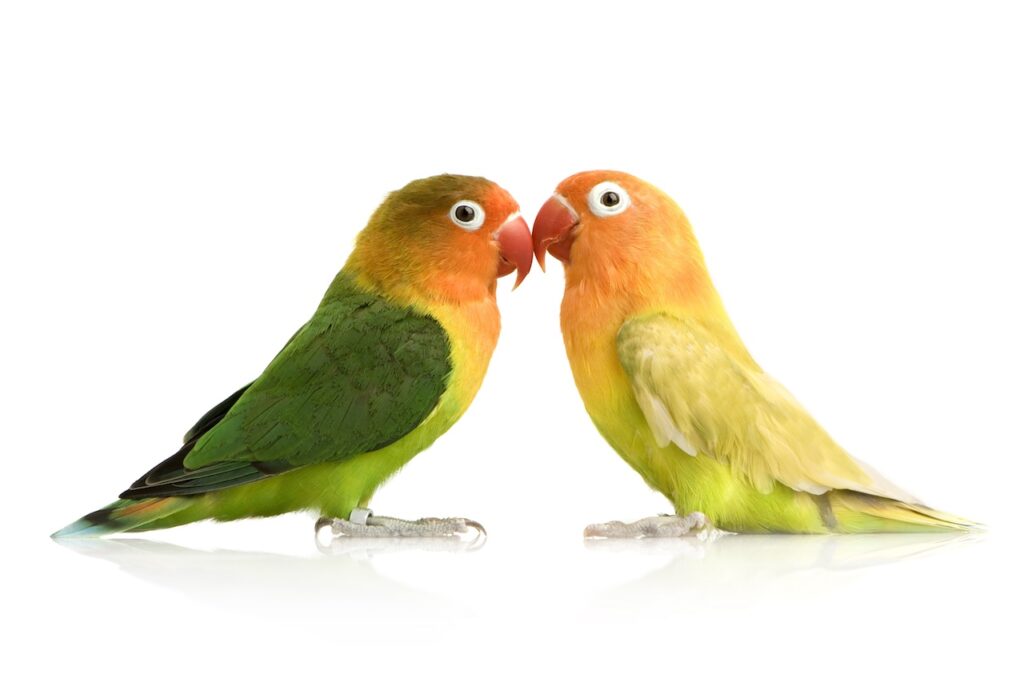Avian influenza virus bird flu
Avian influenza virus bird flu is a viral disease caused by a type A influenza virus. Based on the virus’s surface antigens, strains are classified as either low or highly pathogenic. All highly pathogenic strains (H5 and H7 subtypes) are legally reportable.
Avian influenza is a zoonotic disease, meaning it can be transmitted from infected animals to humans. However, with the current strains circulating in North America, the risk of human transmission is very low.
How the virus spreads
Transmission usually occurs through:
- Contact with droppings from infected birds
- Drinking or bathing in contaminated water
- Contact with contaminated surfaces (feeders, soil, equipment)
The virus is resilient and can survive in moist environments for extended periods. In Quebec, cases are more frequent early in summer and late in fall. Major outbreaks occurred in summer 2022 and again in December 2023 in the Montréal region.
Clinical signs in birds
Infected domestic birds may show various symptoms, including:
- Non-specific signs: lethargy, weakness, loss of appetite
- Respiratory signs: coughing, sneezing, nasal discharge
- Neurological signs: abnormal gait, tremors, twisted neck
- Digestive signs: diarrhea
- Sudden death in acute cases
Animals most at risk
All bird species are susceptible, but some are more prone:
- Poultry: chickens, turkeys
- Waterfowl and seabirds: ducks, geese, gulls, gannets, cranes
- Scavenging raptors: vultures, bald eagles, red-tailed hawks
Even parrots and parakeets (psittacines), though less commonly exposed, can become infected.
Prevention for domestic birds
There is no treatment or vaccine available in Quebec, so strict hygiene and prevention are essential:
- Keep wild birds away from ponds or lakes used by your birds
- Use a solid roof instead of mesh for outdoor enclosures
- Install deterrents to prevent wild birds from entering the area
- During outbreaks, keep birds indoors
- Maintain strict hygiene: wash hands, change shoes before handling birds
- Never touch dead wild birds with bare hands
- Avoid any contact between your birds and wild bird carcasses
Other species affected
Cases have also been reported in certain wild mammals, such as:
- Seals
- Foxes
- Dogs
- Cats
- Pigs
Legal reporting is required
If you suspect avian influenza in an animal, contact a veterinarian immediately. Reporting is mandatory. For full details, visit the Quebec government website:
quebec.ca – avian flu















